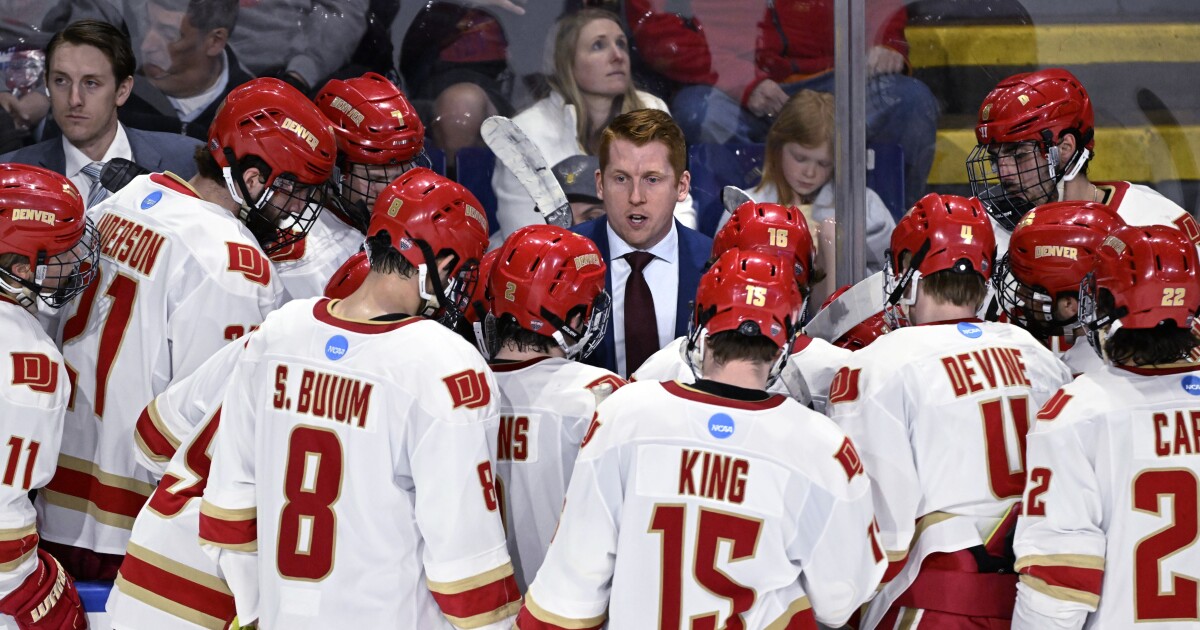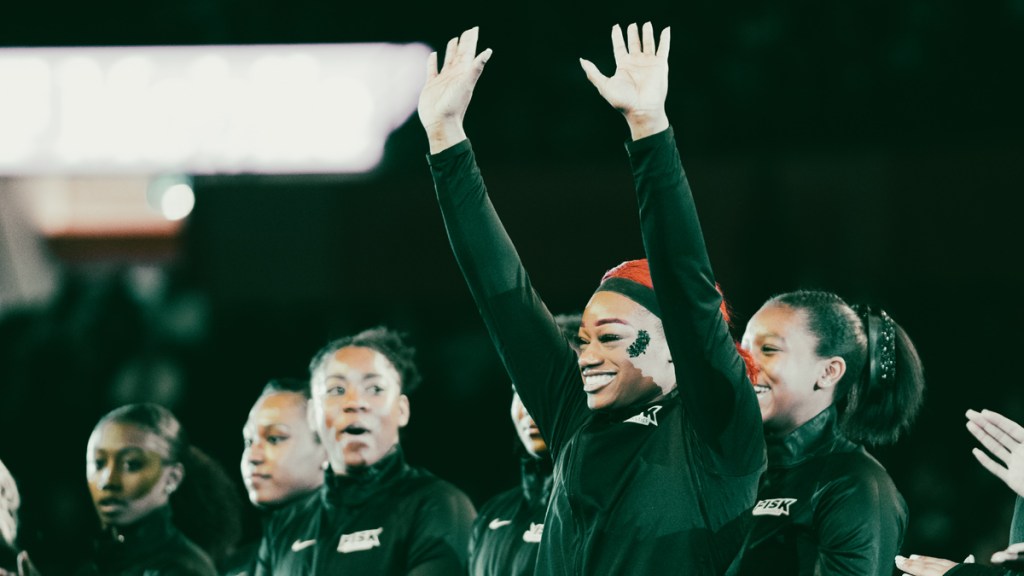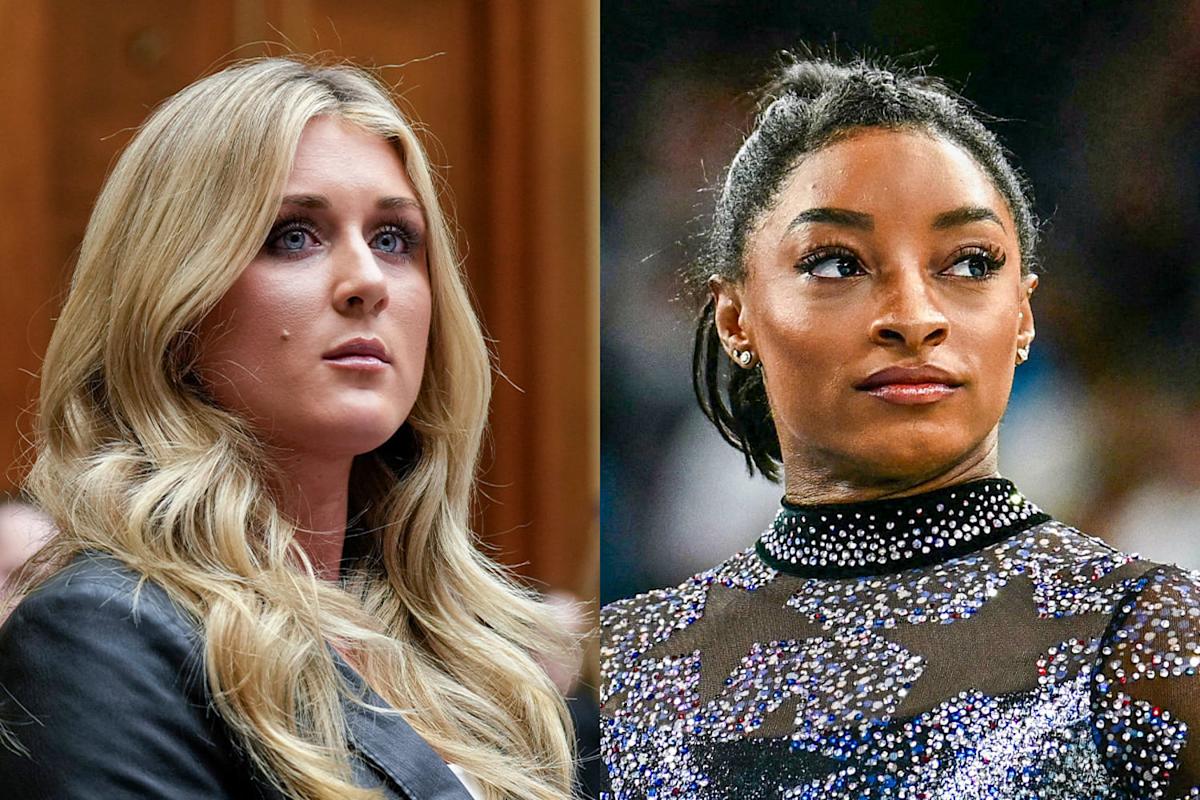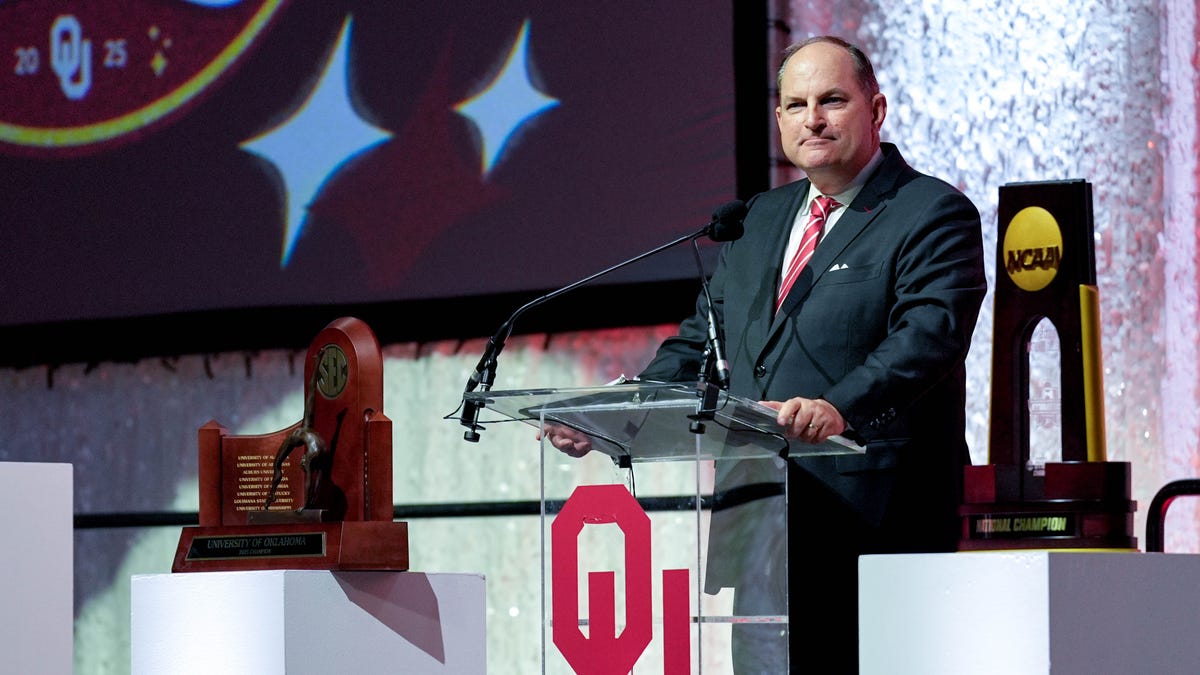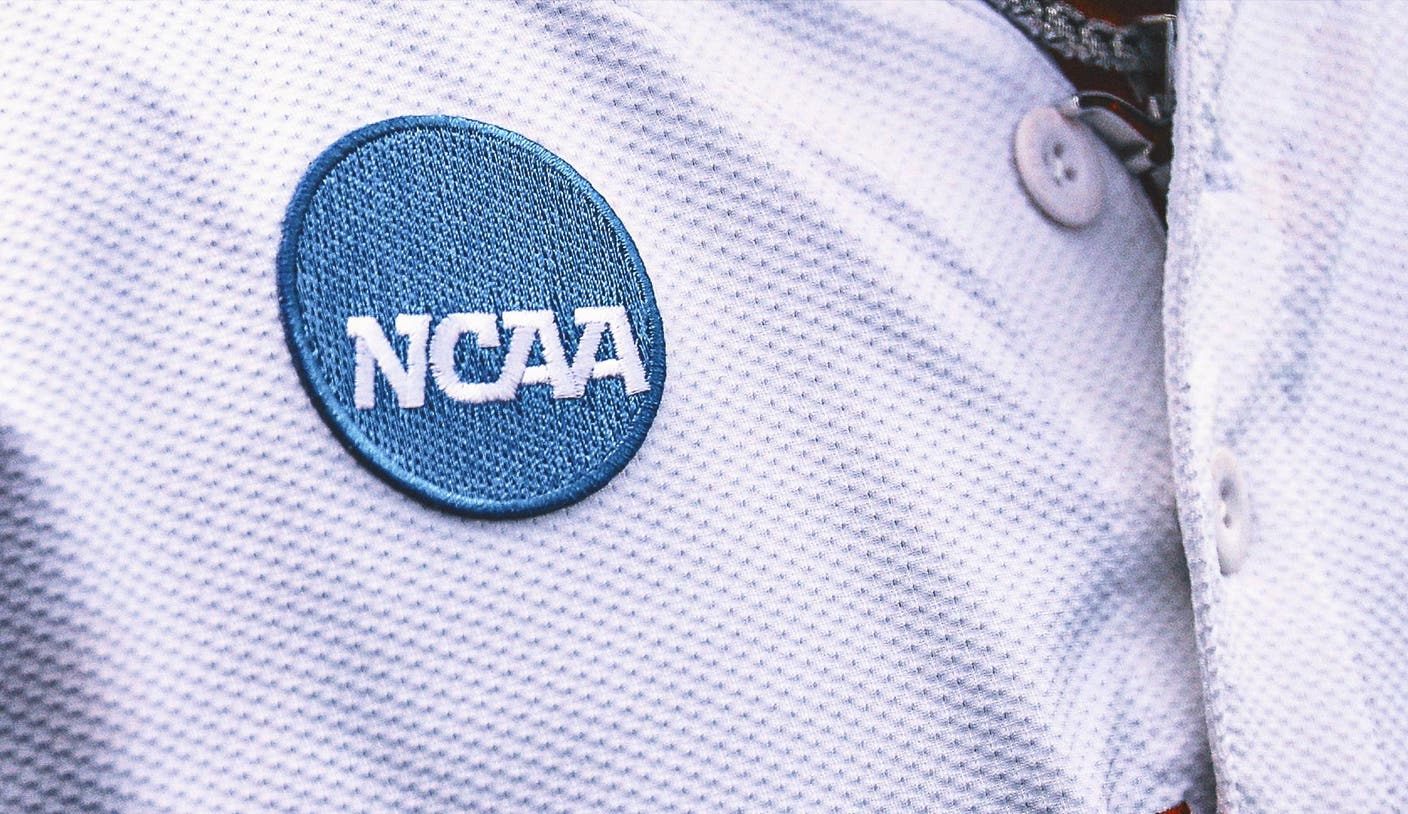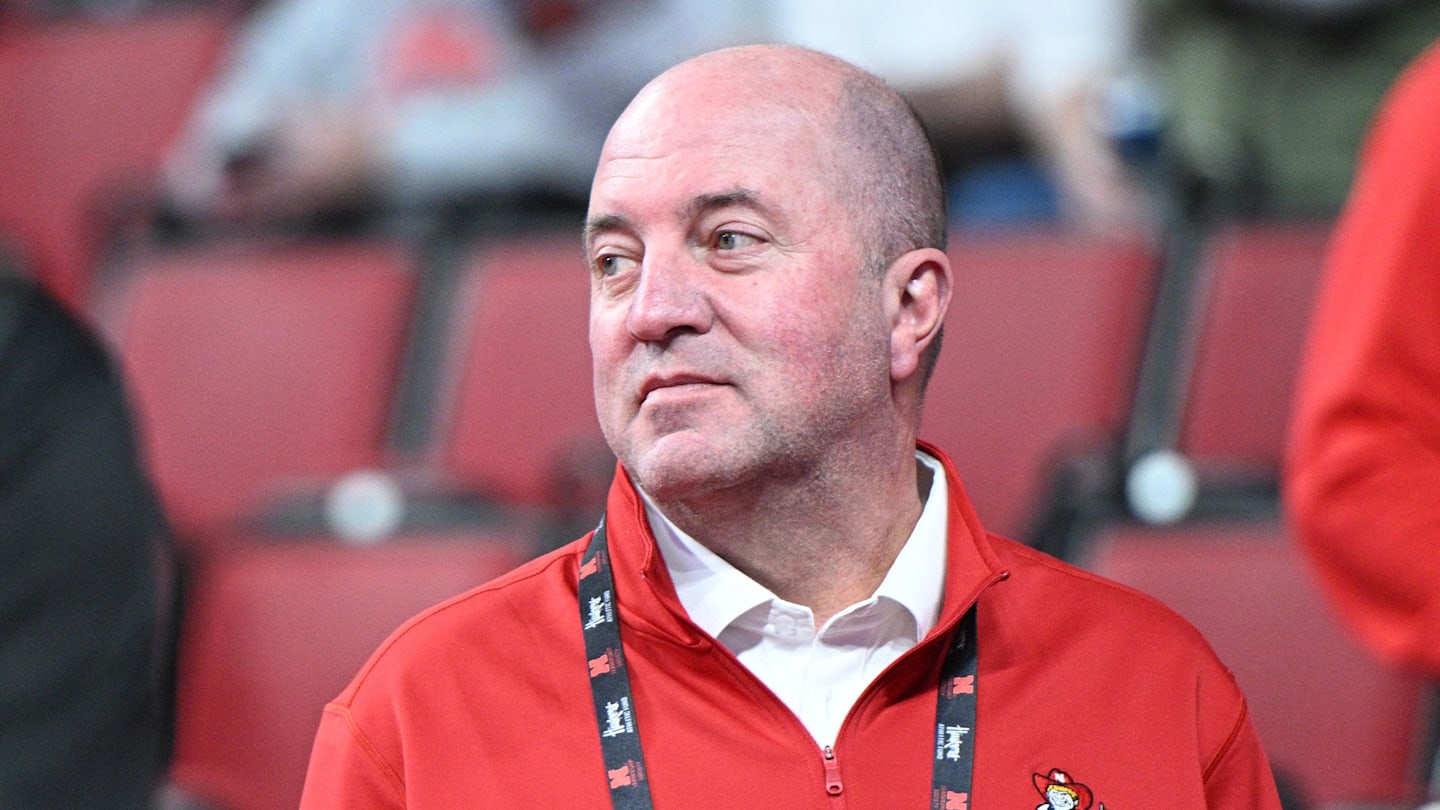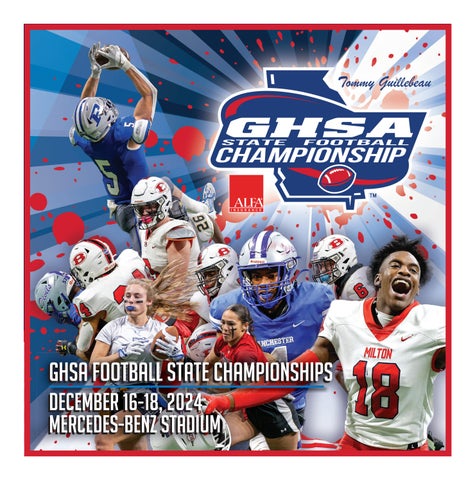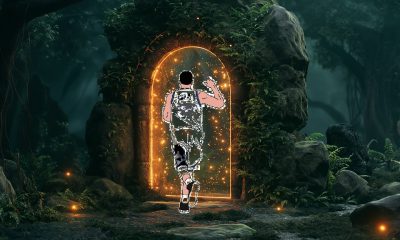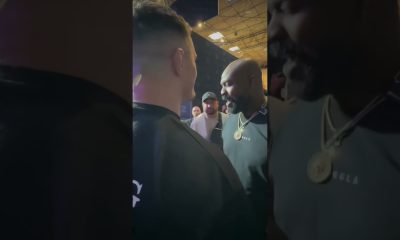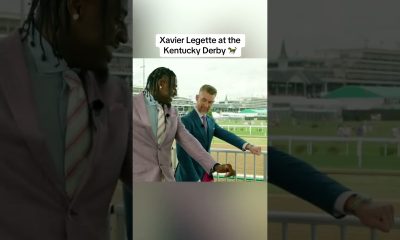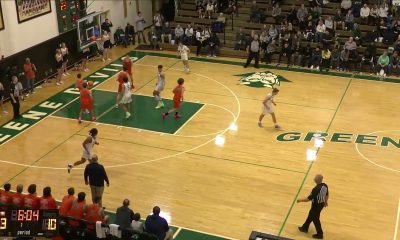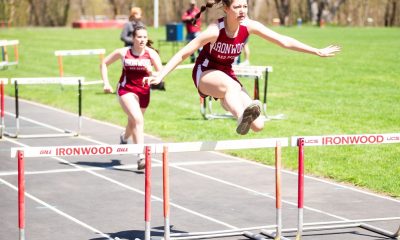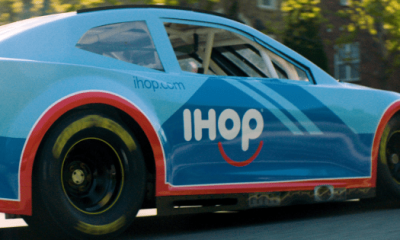DENVER — Home is where the heart is, and for University of Denver men’s hockey coach David Carle, his home is in Denver.
“We chose to make the decision we thought was best for our family,” said Carle when asked about factors that contributed to him signing a multi-year extension.
Carle was perhaps the most coveted candidate during the NHL’s most recent coaching vacancy cycle, so much so that some pundits believed a jaunt north on Interstate 25 to supplant Jared Bednar at Ball Arena may be worth the risk for the Colorado Avalanche.
College Sports
DU men’s hockey coach David Carle signs multi-year contract extension
His record speaks for itself. Carle’s 0.694 career winning percentage is the highest all-time among DU hockey coaches. Two national championships, four Frozen Four appearances, and it seemed a natural progression in Carle’s career to test pro hockey’s waters.
When Denver7 asked why the time wasn’t right to make that jump, Carle’s answer was as pragmatic as it’s been consistent:
“I’ve stated it before, there’s no issue in being patient,” said Carle. “27 of 32 jobs have turned over in the last three years. Some of those jobs have turned over multiple times. It’s a reality that I’d be foolish to put my head in the sand and not think it’s a real thing.”
Job security, although high on his list of reasons, wasn’t at the heart of what’s keeping Carle at DU.
“This is, I think, the best job outside of the NHL,” said Carle. “Potentially a better job, and some guys in the NHL would trade with me if they had that opportunity. I love working with our players, I love working in this environment. We love living in Denver, we think it’s a wonderful place to raise our kids.”
With three kids vying for dad’s attention, including a 7-week-old, Carle said keeping his life consistent while continuing to build up the Pioneers’ program ended up being an obvious choice.
“The investment that the school continues to put into our hockey program to ensure that it’s at an elite level is much appreciated,” said Carle.
As it relates to investment, Carle is putting his money where his mouth is to keep Denver competing for national championships.
He’s committing to a multi-year major gift pledge to support current and new initiatives within the hockey program. Carle will be the first Denver Athletics head coach to join the department’s Gold Standard Society. His gift will directly support the Murray Armstrong Hockey Student-Athlete Enhancement Fund and the Athletics Excellence Fund.
“In today’s changing college athletic landscape, we are grateful for philanthropy and season-ticket holder support more than ever to help our program stay at the highest level,” said Carle. “The legacy of Denver hockey wouldn’t be where it is without the foundation laid by coach Murray Armstrong. My family and I are honored to support the Murray Armstrong Fund and become members of the Gold Standard Society with the signing of this agreement. I would invite others to honor Murray’s legacy and support current and future initiatives of Pioneer Hockey at a time when it is as crucial as ever.”
Carle’s impact will reach beyond Denver’s campus. His goal is to impact the entire sport of college hockey in a positive way.
“I’ve spoken a lot on the NCAA regional format and trying to get that changed,” said Carle. “College hockey is a wonderful thing, and we all owe it a lot. Our effort is to try and grow it and make it better.”
More Denver7 Sports coverage:


